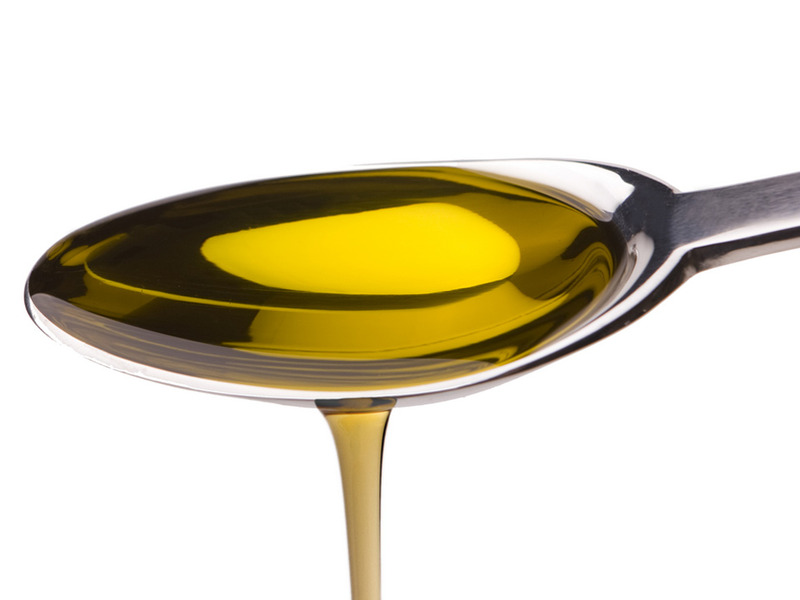
Have you heard of the term “free radicals”? Our body and our environment are producing them all the time on a cellular level. If they overload the antioxidants in our body, it could mean trouble. Cooking with fats that can’t maintain their structure under high heat creates excess free radicals. Let’s take a look at what we’re using to cook our food in…
We want to be cooking with oils and fats that aren’t going to chemically break down and release free radicals. Saturated fats, usually solid at room temperature, have the simplest and strongest bonds on a cellular level. These are going to be better for cooking then unsaturated fats. Coconut Oil is around 90% saturated fat. Butter, ghee, and lard are around 70%. They are very low in unsaturated fats (which break down easily).
When it comes to handling high heat, mono-unsaturated fats are almost as good as saturated. Avocado, palm, canola, and olive oil are all high in mono-unsaturated fats. They will typically handle medium-high heats well without breaking down. A side note for this group is to keep in mind that “refined” oils will handle higher heats better then “unrefined”. It will indicate on the label.
Unsaturated or polyunsaturated fats will break down the easiest. They are also the unhealthiest of all the fats. Vegetable oils like soybean, corn, and sunflower oil comprise this list. In most processed foods, this is a group you want to avoid altogether.
IN SUMMARY:
- Cook in saturated fats that won’t break down. Use butter, coconut oil and avocado oil on the stovetop and grill.
- Use olive oils and nut oils for salads and roasting vegetables.
- Keep an eye out for labels. Most oils now have the smoke point and/or cooking description right on the label. It will say “High Heat” or “Medium-High Heat”.
- Educate yourself on what’s right for you. The health benefits of fats and oils can be difficult to navigate sometimes. Work on pairing safely with a diet based on real foods.
